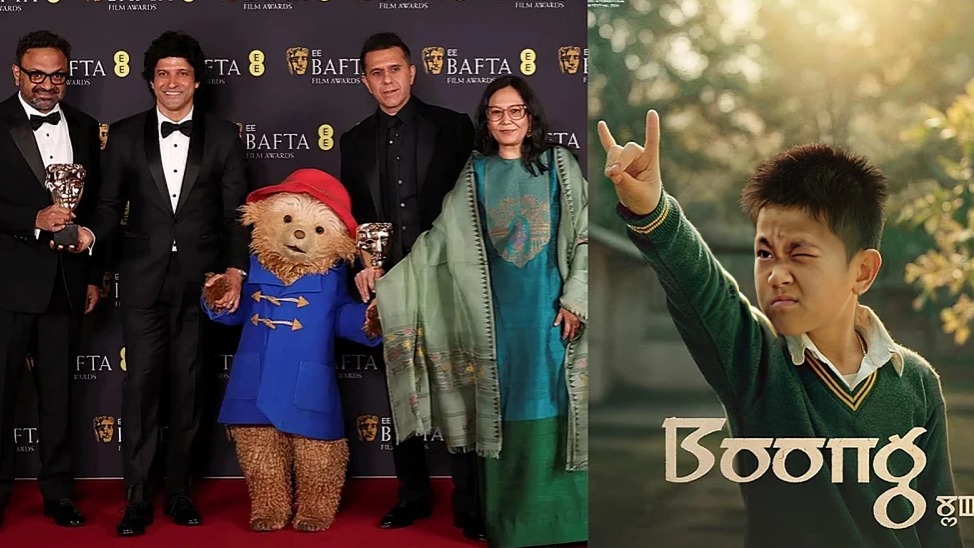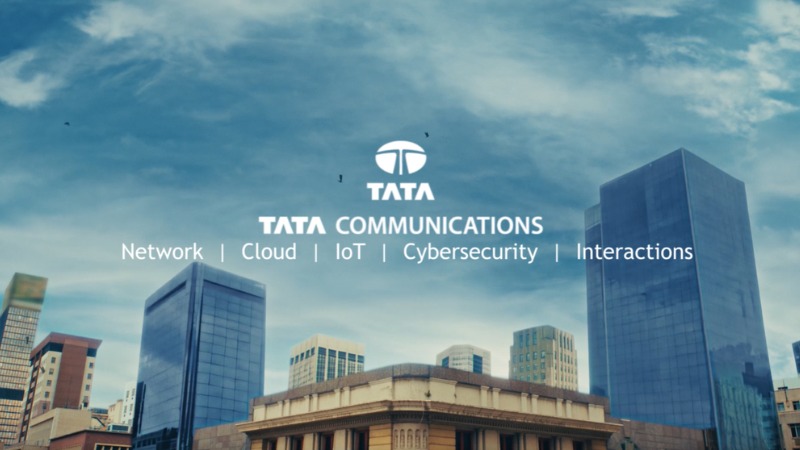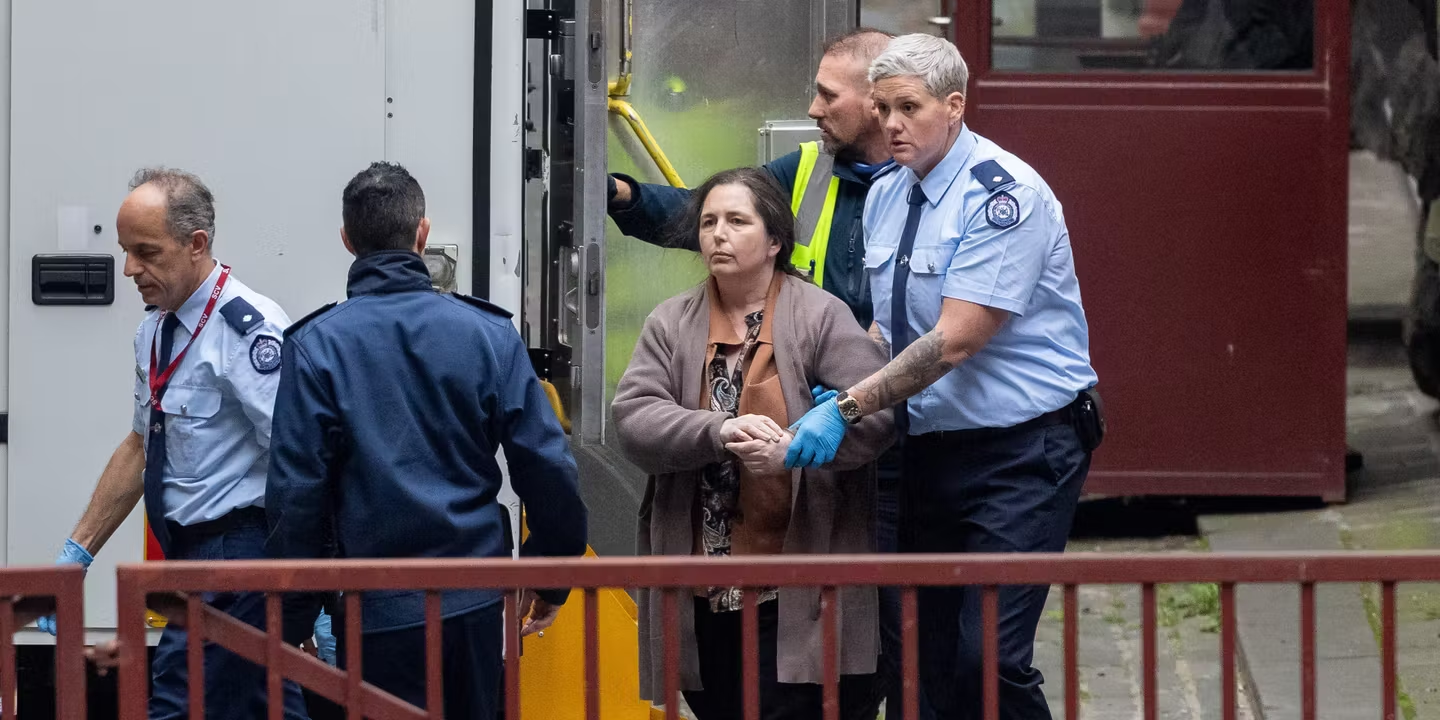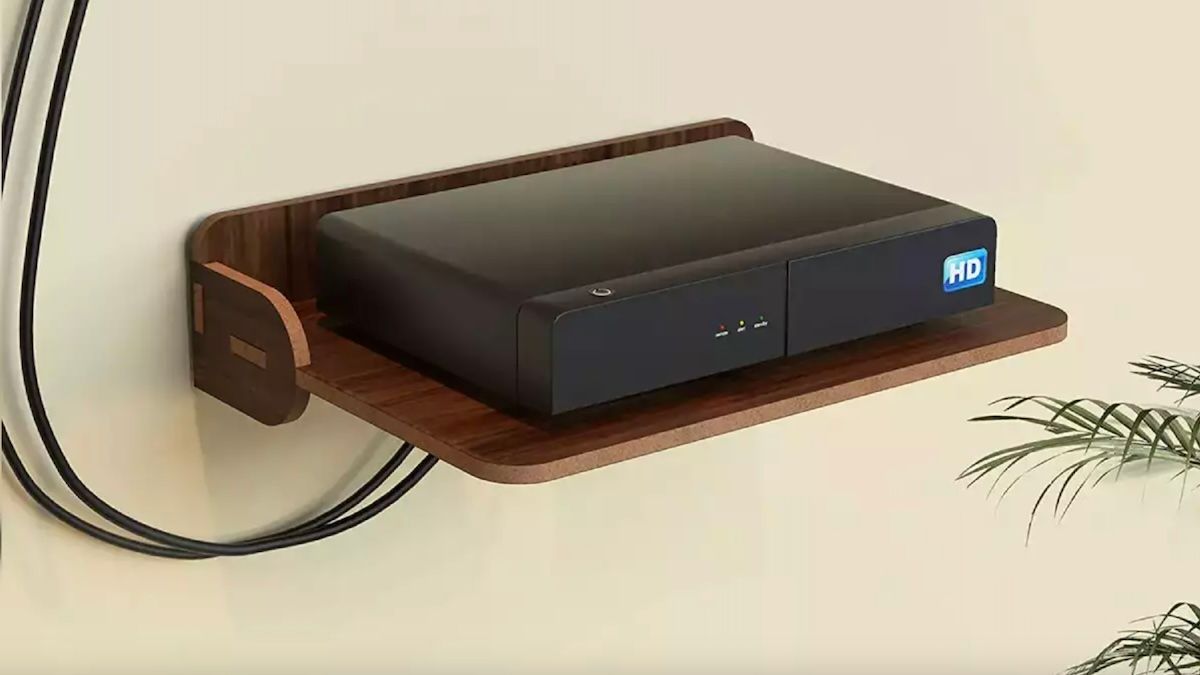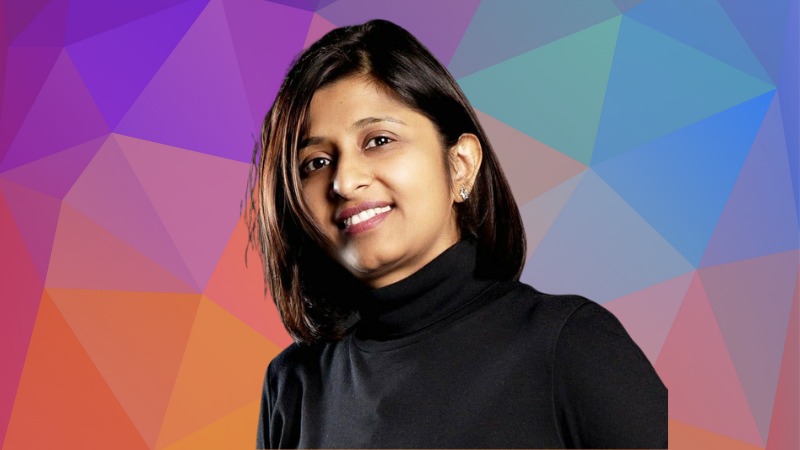Advertising/Media
Relaxed Maharashtra dance bar regulations could increase alcohol sales
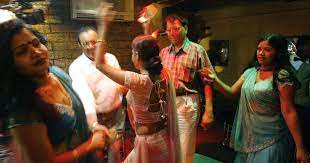

By Kajal Sharma - 03 Feb 2024 12:23 PM
According to industry analysts and executives, the Supreme Court's relaxation of the rules controlling the state's dance bars could temporarily increase sales of alcoholic beverages in Maharashtra.The prohibition was repealed by the supreme court in 2015, opening the door for these clubs to obtain licenses—with the requirement that the shows not be pornographic.But as per a series of appeals filed by hotel and restaurant operators, a 2016 Maharashtra law effectively outlawed any kind of dancing.The Maharashtra Prohibition of Obscene Dancing in Hotels, Restaurants, and Bar Rooms and Protection of Dignity of Women Act, 2016, was maintained by the Supreme Court on Thursday, albeit with certain modifications.It eliminated rules including the need for a divider between the bar and performance space and the prohibition against selling alcohol on the dance stage.It's going to open up another sales channel, so it will help right away. Because spirits were so expensive, dance clubs were major consumers of beer. However, spirit consumption may increase if they are permitted and some are modernized, according to Deepak Roy, executive vice chairman of Allied Blenders and Distillers Pvt. Ltd (ABD).Sales of all types of alcohol—including wine, beer, and spirits—were negatively impacted in 2017 by the Supreme Court's decision to outlaw the selling of alcohol close to highways. Since then, Maharashtra has had two additional setbacks.
The Maharashtra government sharply raised the excise charge on beer at the end of 2017, which hurt sales in 2018. Additionally, as of January 1, 2019, the excise duty on spirits was increased by 5% for minor brands and by 20–25% for premium and mid-sized brands."It seems like there will be more low- and mid-end spirits at dance clubs. Although I don't think there are too many premium spirits on the market, Abneesh Roy, senior vice president at Edelweiss Securities, stated that it is undoubtedly good for the sector as a whole.According to a Mumbai-based industry expert, dance bars used to account for a significant portion of volume sales during their peak, and the relaxation should help, particularly for beer sales. When these venues were at their busiest, dance bars supplied almost 20% of Mumbai's beer consumption, according to the above-mentioned executive, who spoke under anonymity. According to the CEO, there were about 3,500 of them in the city alone.The director general of the All India Brewers Association, Shobhan Roy, does not anticipate any notable changes in beer consumption, though."Dance bars are limited to Mumbai." They're largely in the suburbs even there. Although it's not a big channel, it adds one more avenue for consumption," Roy stated.The mid- and lower-end segments will profit the most, but even they won't gain much. Dance bars' patrons used to frequent them for both entertainment and alcohol consumption, but after they closed, they would have found another place to go, according to Pramod Krishna, a former leader of the Confederation of Indian Alcoholic Beverage Companies and current independent consultant for the alcohol business.



